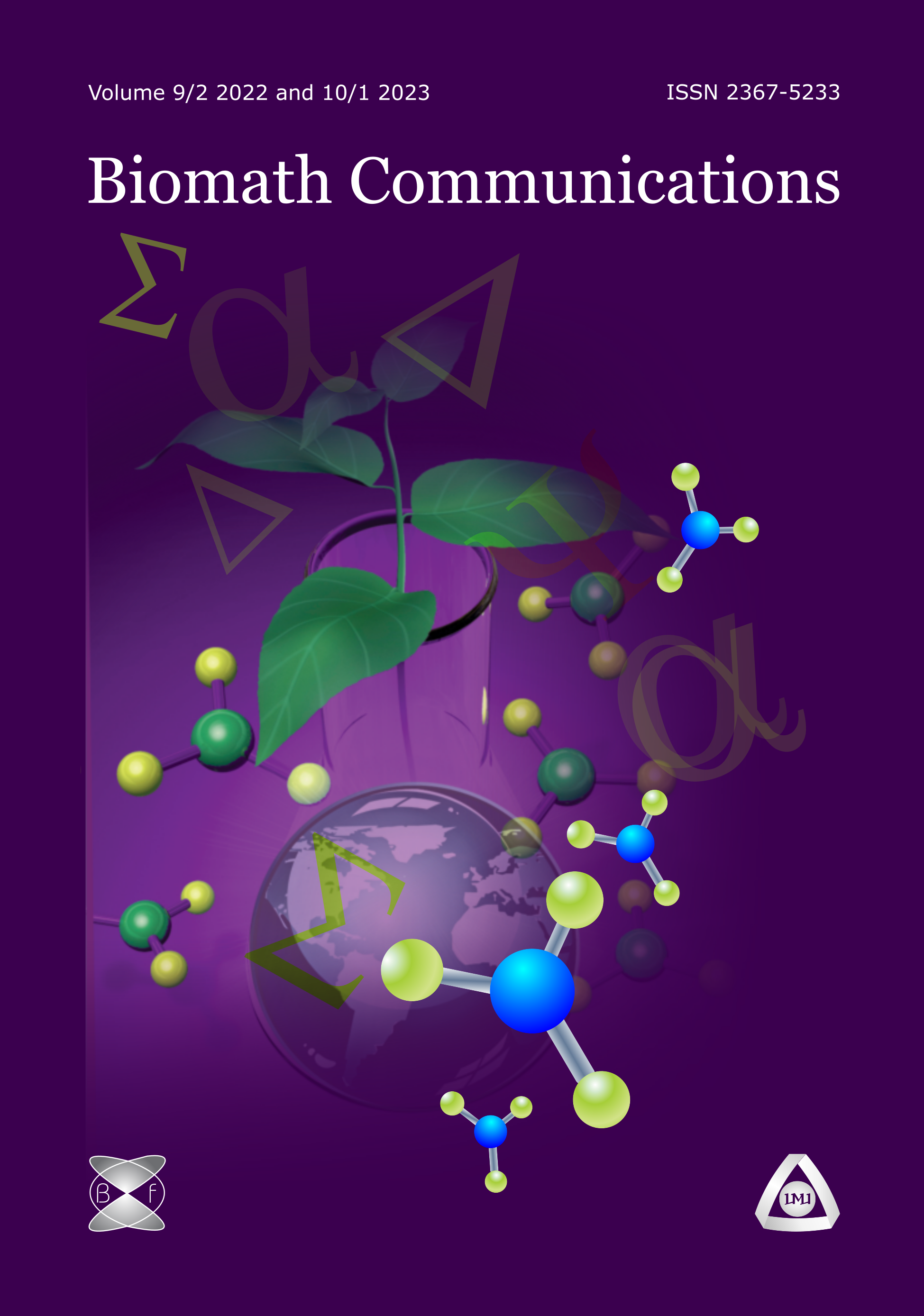Modified Multi-population Genetic Algorithms for Parameter Identification of Yeast Fed-batch Cultivation
DOI:
https://doi.org/10.11145/153Abstract
In this investigation two new modifications of standard multi-population genetic algorithm have been developed. Modifications differ from each other in the sequence of execution of main genetic operators selection, crossover and mutation. The main idea of both modifications is the operator selection to be executed between the operators crossover and mutation, or between mutation and crossover, respectively. Newly elaborated modifications of multi-population genetic algorithms together with the standard one have been investigated for a parameter identification of yeast fed-batch cultivation. Obtained results have been compared and newly proposed modifications have been shown as accurate as the standard one multi-population genetic algorithms even proved to be faster.
Downloads
Published
Issue
Section
License
The journal Biomath Communications is an open access journal. All published articles are immeditely available online and the respective DOI link activated. All articles can be access for free and no reader registration of any sort is required. No fees are charged to authors for article submission or processing. Online publications are funded through volunteer work, donations and grants.
Authors who publish with this journal agree to the following terms:
- Authors retain copyright and grant the journal right of first publication with the work simultaneously licensed under a Creative Commons Attribution License 4.0 that allows others to share the work with an acknowledgement of the work's authorship and initial publication in this journal.
- Authors are able to enter into separate, additional contractual arrangements for the non-exclusive distribution of the journal's published version of the work (e.g., post it to an institutional repository or publish it in a book), with an acknowledgement of its initial publication in this journal.
- Authors are permitted and encouraged to post their work online (e.g., in institutional repositories or on their website) prior to and during the submission process, as it can lead to productive exchanges, as well as earlier and greater citation of published work (See The Effect of Open Access).

